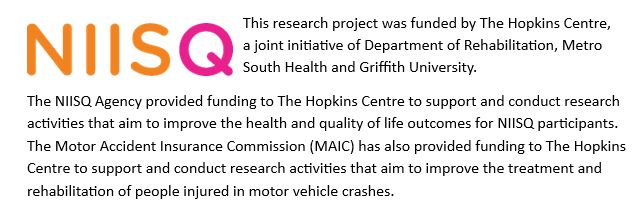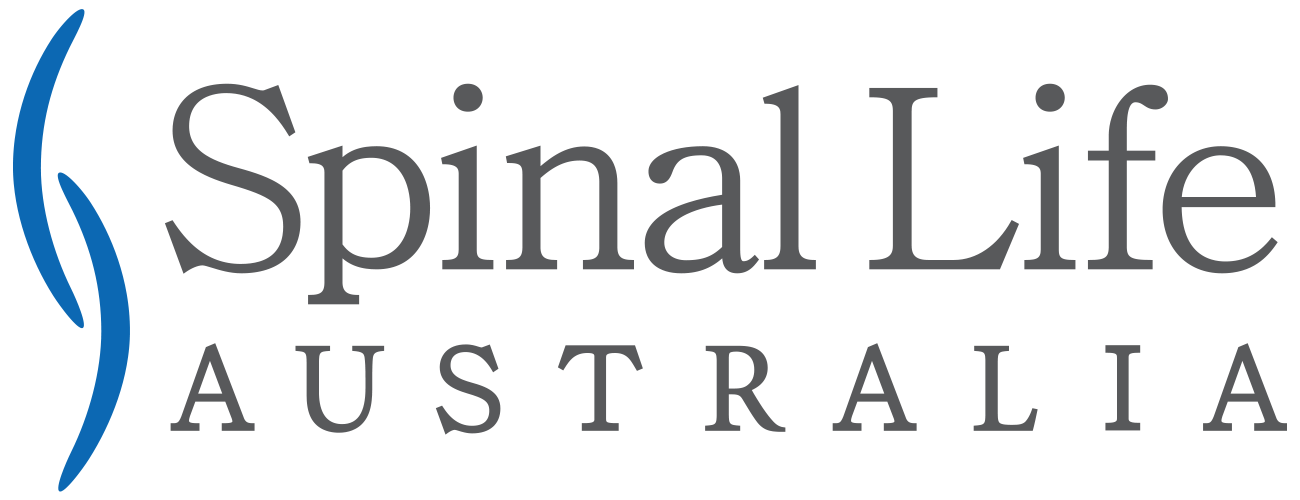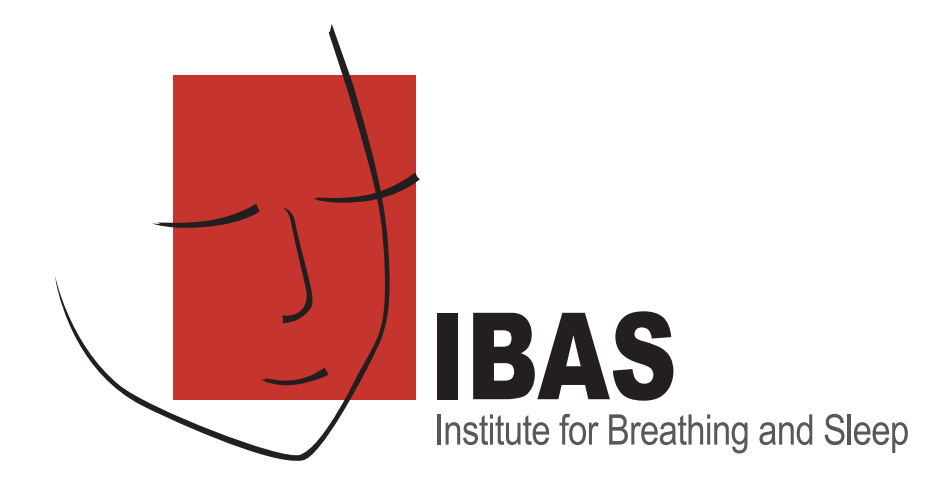SEED PROJECT: Sleep disturbances following spinal cord injury: Understanding help-seeking behaviour and co-designing a sleep management resource
About the Project
About
Sleep is an important part of our daily lives. It helps us think clearly, feel good, and stay healthy. However, people with spinal cord injuries (SCI) often find it difficult to sleep, experiencing trouble falling asleep and waking frequently during the night. This may be due to pain, depression and anxiety, bladder routines, spasms, or sleep-disordered breathing. These sleep problems impact the emotional wellbeing and quality of life of people with SCI, who may struggle to participate in work and social activities because of a lack of energy. Unfortunately, sleep issues after SCI are often left untreated, so they can continue to disrupt people’s lives unnecessarily.
In this project, the research team sought to understand people’s lived experiences of sleep disturbances after SCI. They also wanted to understand the support people with SCI have received related to their sleep issues, or alternatively, the reasons they have not sought or received support. Following this, researchers, clinicians, and people with SCI collaborated through a series of co-design workshops to identify how to address SCI-specific sleep disturbance needs and their preferred approaches to managing them. Gathering this knowledge, along with practical strategies to support those with SCI in managing their sleep issues, led to the development of sleep management resources.
Aims:
- Understand people’s lived experiences of sleep disturbance after SCI and their current help-seeking behaviours (e.g., previous support accessed and/or reasons for not accessing support);
- Identify optimal approaches to managing sleep disturbances from the perspectives of people with SCI and clinicians (i.e., how best to meet sleep support needs); and
- Co-design sleep management resources that support people with SCI and clinicians to better understand and address sleep disturbances after SCI.
Outcome:
The main outcome of this project has been the development of co-designed sleep management resources specific to the needs and preferences of people with SCI. This included the:
- Sleeping Better after SCI Information Sheet
- Sleeping Better after SCI Infographic
- Sleeping Better after SCI Frequently Asked Questions (FAQs)
- Sleeping Better after SCI Worksheet
Expected Impact
It is expected that this project will benefit multiple stakeholders, including people with SCI experiencing sleep disturbances and the clinicians and community organisations supporting them. The research identified the sleep management needs and preferences of people with SCI, highlighting where additional support can be provided and what resources need to be developed. Based on these recommendations, novel sleep management resources were developed. Insights into the help-seeking behaviours of people with SCI experiencing sleep disturbances were also gathered. This information led to an improved understanding of what enables people with SCI to seek support for their sleep management needs. This knowledge can now be used to inform clinicians and community organisations on practical strategies that can used to support people with SCI experiencing sleep disturbances. The inclusion of clinicians and community organisations throughout the study ensured that the suggested strategies are practical for inclusion in real-world practice. It is anticipated that project outputs will lead to improved awareness and understanding of sleep disturbances following SCI and their impact on health, function, and quality of life.
People/organisations involved
Hopkins Centre
- Dr Emily Bray (Chief Investigator)
- Dr Jessie Mitchell
- Prof Tamara Ownsworth
- Dr Jayke Bennett
QSCIS
- A/Prof Melissa Kendall
- Dr Delena Amsters
- Jennifer Campbell
- Kathryn Marshall
- Prof Timothy Geraghty
Spinal Life Australia
- Ross Duncan
- Frances Porter
Institute for Breathing and Sleep, Austin Health
- Dr Marnie Graco
Consumer researcher
- Sarah-Jane Staszak
Project status and timeframe
This project commenced in mid-2024. In-depth interviews have been conducted with people with spinal cord injuries to explore their experiences seeking help for difficulties with sleep. Focus groups with people with spinal cord injuries and clinicians are about to commence in May 2025 to inform resource development.




View All Researchers

